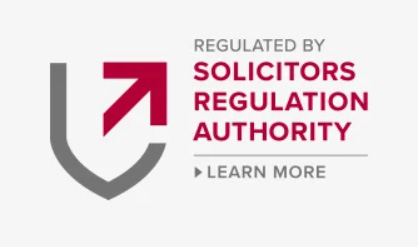We do not believe in a one size fits all approach. Some transactions are more complicated than others and we will need to discuss fees with you at the point when we take instructions.
As a general guide however, our charges for acting on a straight forward purchase of a low value property (under £200,000) might be as low as £700 plus VAT increasing in increments to over £2,000 plus VAT for a property worth over £1,000,000.
When budgeting for a transaction please remember that disbursements also have to be paid. On a residential sale you might expect disbursements of £50-£100.
On a residential purchase you will have to pay search fees which will probably be around £300. You will also have to pay SDLT (on properties purchased for more than £125,000 or on any second property). You can obtain further information by clicking this link:
https://www.tax.service.gov.uk/calculate-stamp-duty-land-tax/#/intro
For details of Land Registry Fees on a property purchase please click:
https://www.gov.uk/guidance/hm-land-registry-registration-services-fees#scale-1-fees
Or, if you prefer, please contact us from the website and we will call you to discuss your needs, provide a fee estimate specific to your transaction and confirm the details (including disbursements) by e-mail or post.



